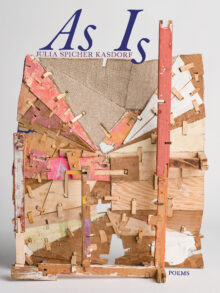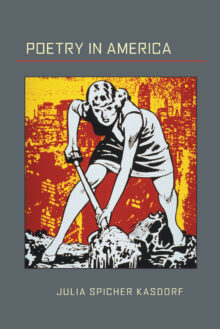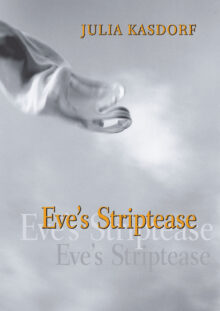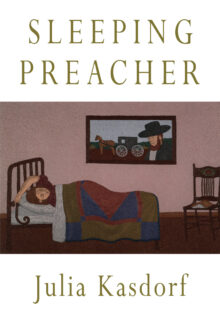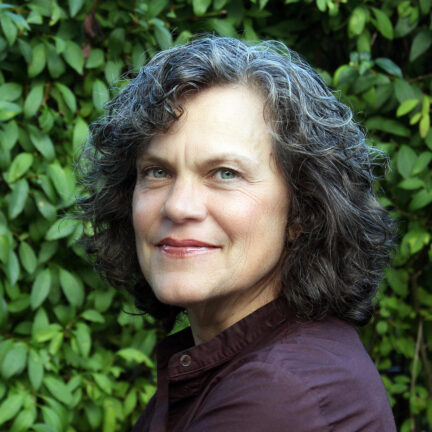
Julia Spicher Kasdorf
Julia Spicher Kasdorf is the author of Sleeping Preacher, Eve’s Striptease, Poetry in America, and Shale Play: Poems and Photographs from the Fracking Fields, a documentary project created in collaboration with photographer Steven Rubin. She has also published a collection of essays, The Body and the Book: Writing from a Mennonite Life, and a biographical study, Fixing Tradition: Joseph W. Yoder, Amish American.
As Is
Poems
As Is gathers everyday poems written over time and mostly at the poet’s home in the Ridge and Valley province of northern Appalachia. This work pays attention to the world as it is with curiosity, candor, and delight. Seeking connection with others and the earth and savoring the fine details of a messy life, these poems reckon with the demands of family, pandemic, aging, and loss even as they witness injustice, violence, environmental degradation, and climate crisis.
Poetry in America
Poetry in America offers extravagantly formed lyric and narrative poems that function like works of social realism for our times: hard times, wartime, divorce, times of downturn and dissipated resources. Where, in such times, can poetry emerge, the book asks—and answers—again and again. Largely set in rural places and small towns, these poems are politically committed but deeply sensuous, emotionally complex and compassionate. They take up the everyday in meaningful ways, and deliver it with blunt force, yet not without hope or bright humor.
Eve’s Striptease
As its title proclaims, Eve’s Striptease delivers a female voice that seeks to “find out for (her)self/ all the desires a body can hold.” Through artful acts of revelation and concealment, these poems test experience against the notions of love and loss that tradition and religion have taught us. These narrative and lyric poems celebrate desire, marriage, and domestic life; they visit sexual terror and consider sickness and death. Construing all of life as a journey that takes us from innocence to knowledge, this work suggests that the maps that we need for this journey may be found written on our own bodies. Kasdorf writes of a life’s migrations, tracing paths that joyfully enlarge our definitions of love and longing – sometimes embracing conventional values and sometimes subverting them.
Sleeping Preacher
Winner of the 1991 Agnes Lynch Starrett Poetry Prize.
The poems in this book deal with life in a Pennsylvania Mennonite community and the tensions and conflicts that exist for the speaker as she tries to be true to two worlds, the other being New York City.

